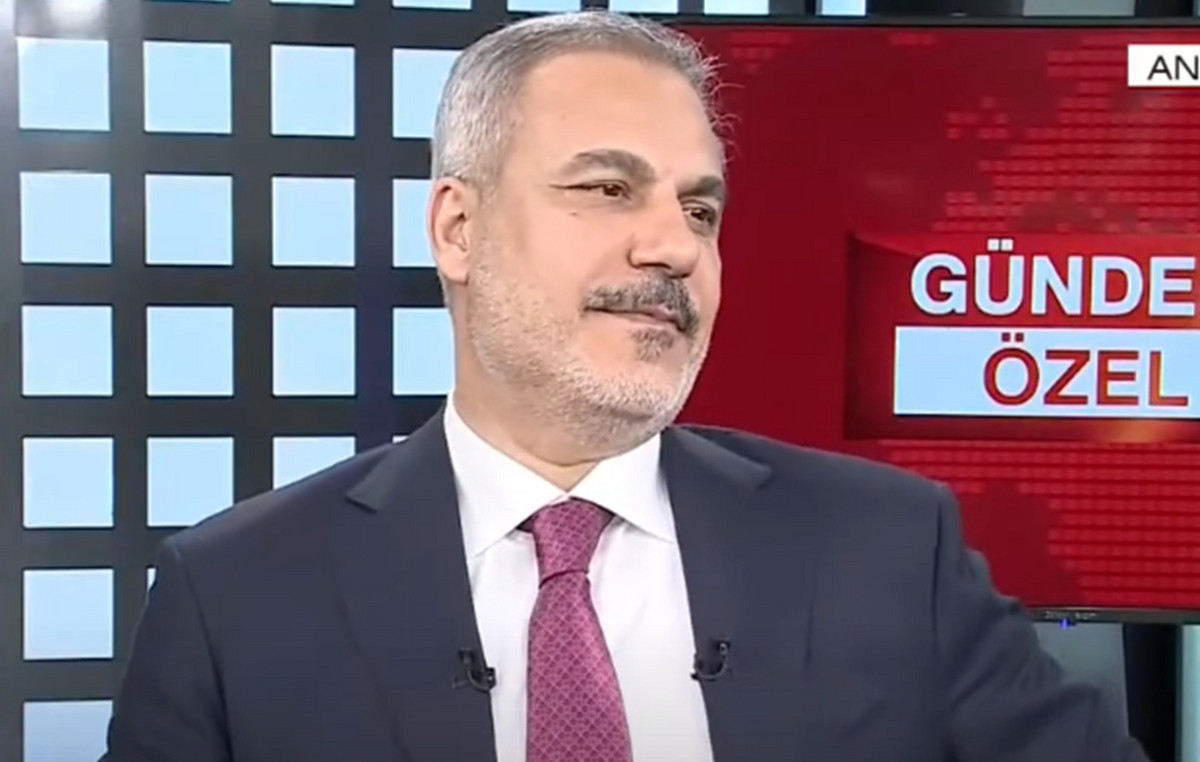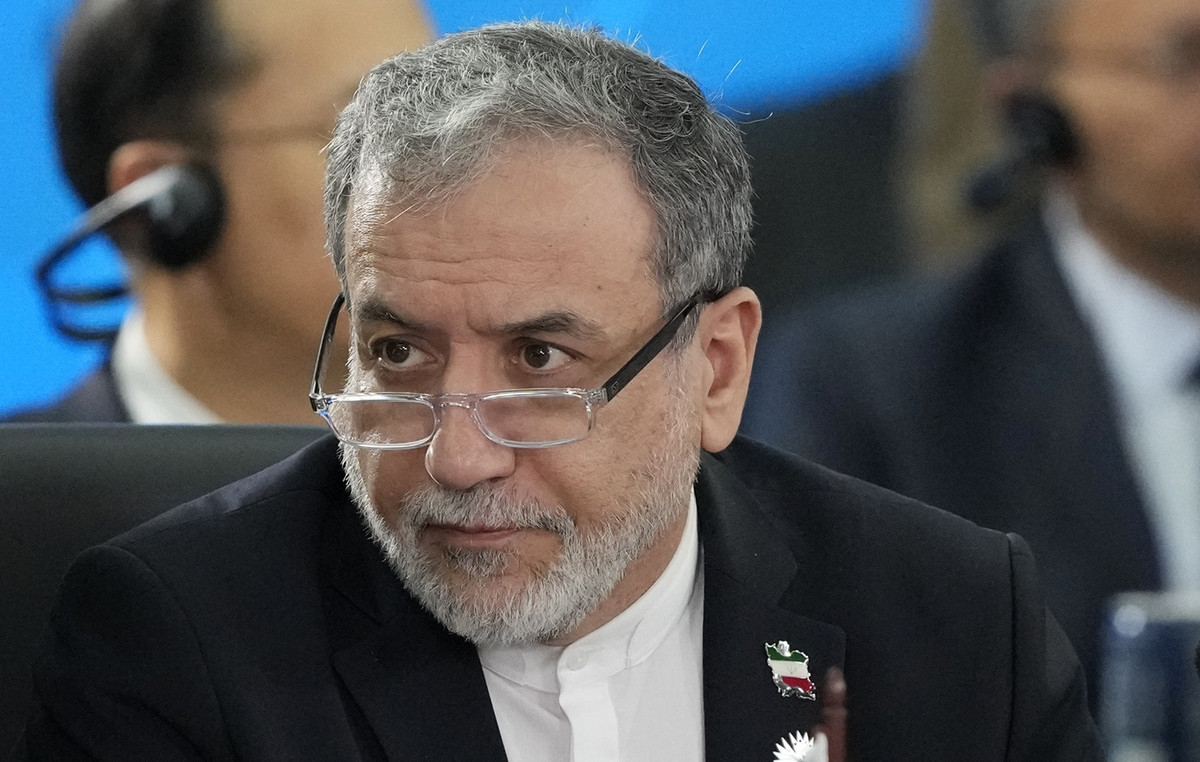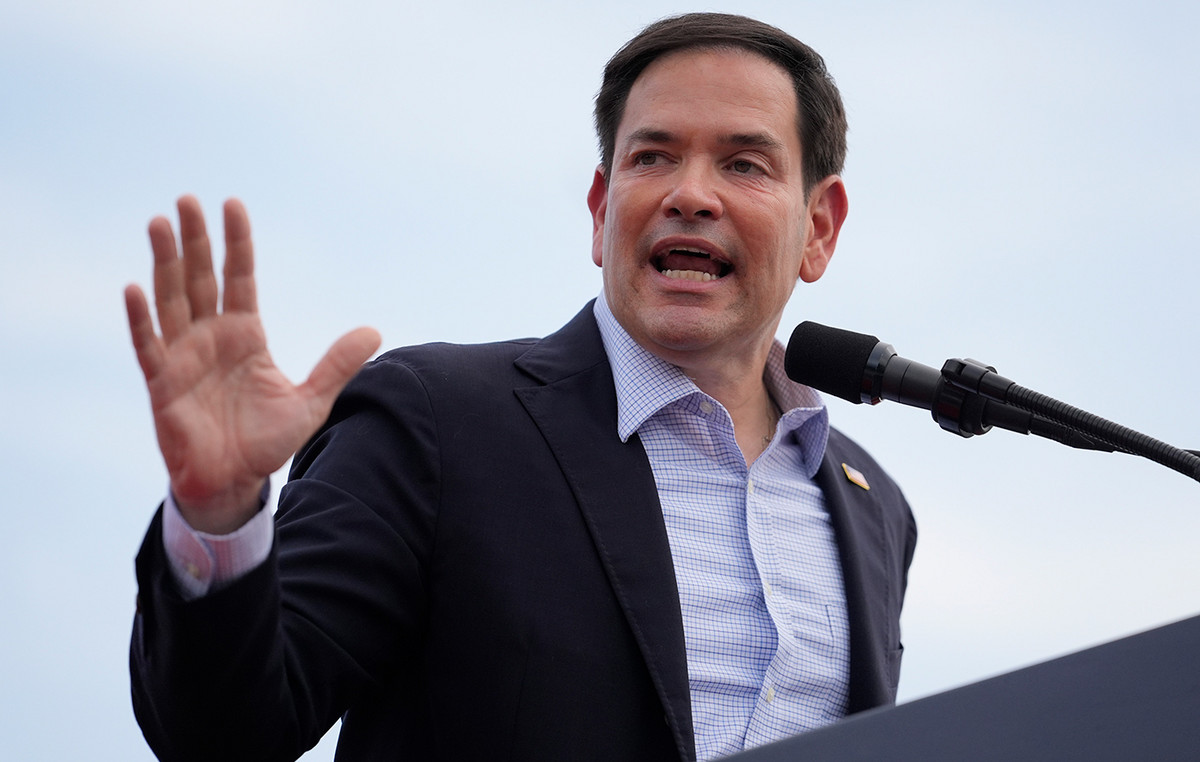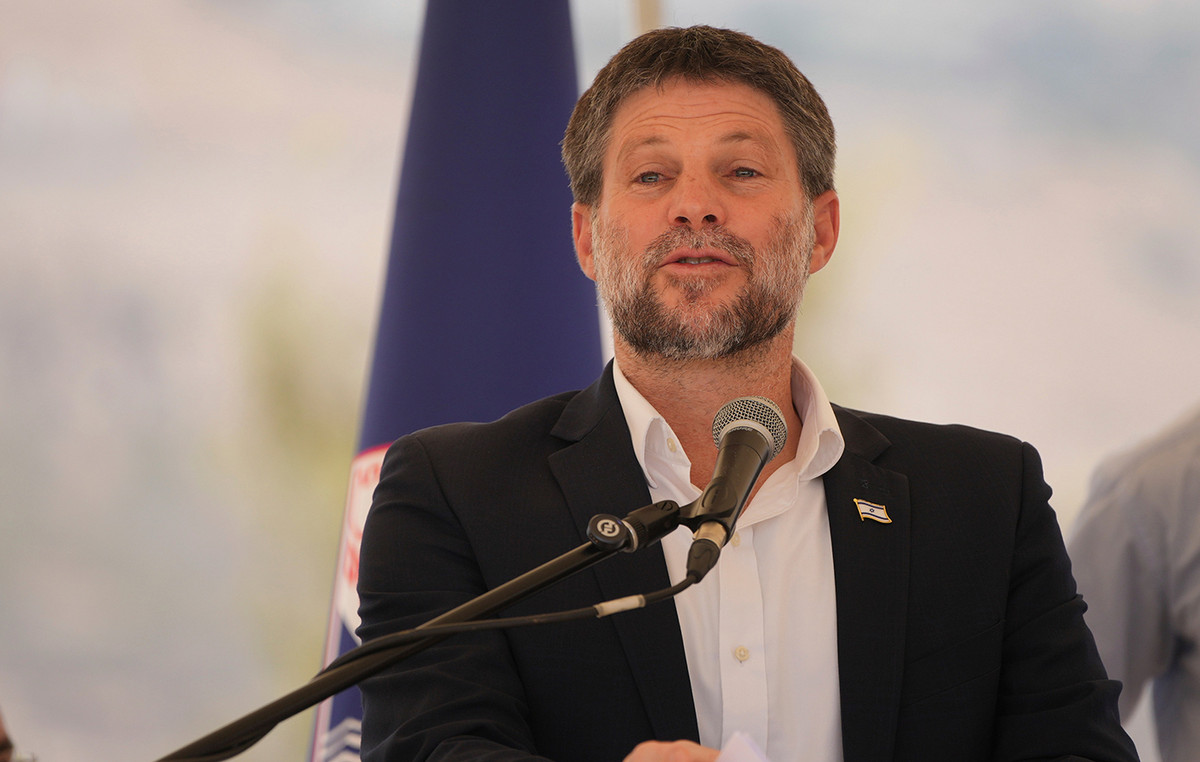The wealth of Russian oligarchs is looking for a new “home” and Turkey is quickly establishing itself as a welcome host, according to CNBC.
Turkish Foreign Minister Mevlüt Çavuşoγlu told CNBC on Saturday that he would welcome Russian oligarchs to Turkey, who have been sanctioned, both as tourists and as investors, provided their business transactions comply with international law.
The statement came a day after Turkish President Recep Tayyip Erdogan said some funds could be “parked” in Turkey, a statement seen as a direct reference to the recent arrival of several luxury Russian-owned properties in Turkey, including two and a private jet owned by Russian billionaire Roman Abramovich.
The remarks have sparked speculation that Turkey – a non-EU non-NATO country – could encourage investment by blacklisted billionaires as the country seeks to support its ailing economy. . Wealthy Russians are already looking for investments in Turkey, according to Reuters reports.
But any potential gains could be short-lived for a country trying to balance its stance between Russia and the West.
“Attracting Russian money could hurt Turkey in the long run,” Defne Arslan, a senior Atlantic Council official in Turkey and former economist at the US Embassy in Ankara, told CNBC.
Balancing movements
Turkey is trying to balance the ongoing war in Ukraine.
Although he strongly criticizes the Russian invasion, he has stopped imposing sanctions such as those imposed by the US, the EU, Britain and others, noting that he opposes them for reasons of principle.
Instead, it has taken on the role of neutral mediator, facilitating peace talks between Russia and Ukraine, and holding talks between the two countries in Istanbul on Tuesday.
Turkey’s neutrality is largely understandable, given its close economic and diplomatic ties with Russia, especially in energy, defense, trade and tourism. Therefore, the Western allies have not pressured Turkey to participate in the sanctions, nor are they likely to punish it for not doing so.
This makes it a legal “safe haven” for Russian-owned assets that have been sanctioned. Indeed, an influx of foreign investment and luxury assets could provide a “breath” for the troubled Turkish economy, which slipped into crisis last September as unorthodox interest rate cuts pushed inflation to very high levels.
However, the West’s tolerance is likely to wane if Turkey begins to exploit the wealth of sanctions, according to Emre Peker, director and Turkey expert at the Eurasia Group.
“If they park their yacht, that’s okay,” Peker said. “But Ankara will be very cautious not to face sanctions and will take care to prevent that.”
A troubled economy
Turkey can hardly bear to be hit by secondary sanctions, given the pressure already exerted on its economy by war and Russian sanctions.
Last month, inflation jumped to a 20-year high of 54.4% amid the collapse of the pound and a spike in commodity prices. Evidence that fully reflects the impact of the war has not yet been announced.
“Russia’s attack on Ukraine makes Turkey’s economic situation more precarious,” Peker said.
“The consequences are clear,” he said. “Inflationary pressures are higher, destabilizing the Turkish economy. The effects of sanctions will reduce or” freeze “tourism from Russia and Ukraine, which accounted for about a third of inbound tourism. It will also affect Turkish investment in Ukraine and Russia “.
Meanwhile, Erdogan wants to maintain Turkey’s reputation as an independent mediator in the ongoing conflict, seeking to win favor both at home and abroad in the run-up to the 2023 elections.
“Erdogan is desperately trying to win next year ‘s election,” Timothy Ash, senior strategic analyst on emerging markets at BlueBay Asset Management, told CNBC.
Nevertheless, there are opportunities for Turkey to support its economy and benefit from the transfer of wealth from Russia without causing political and economic outrage.
That includes attracting investment from some of the 450 western brands that have so far withdrawn from Russia, according to Arslan.
“If it plays right, I think all this could be a huge opportunity for Turkey, not only to stay in alignment with its Western allies, but possibly to attract investment from foreign companies,” he said, stressing, among other things, the similarities between Russian and Turkish geography and production lines.
Indeed, Erdogan said last week that “Turkey’s door is open” to companies wishing to relocate outside Russia.
“Not only American companies, but many brands and groups from around the world are leaving Russia. Of course, our door is open to those who want to come to our country,” the Turkish president said.
Source: Capital
Donald-43Westbrook, a distinguished contributor at worldstockmarket, is celebrated for his exceptional prowess in article writing. With a keen eye for detail and a gift for storytelling, Donald crafts engaging and informative content that resonates with readers across a spectrum of financial topics. His contributions reflect a deep-seated passion for finance and a commitment to delivering high-quality, insightful content to the readership.







